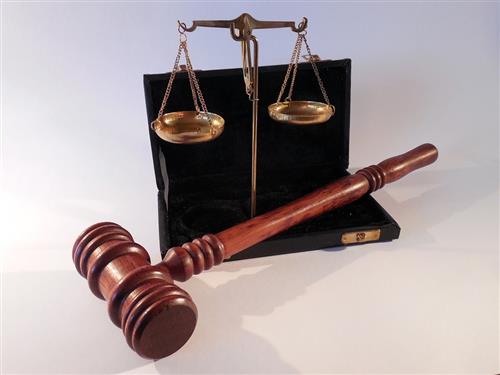What is a Bail Review

If you or someone you care about is denied bail, do not be discouraged.
While the general rule is that detained individuals must remain in jail if their bail is denied, there is a process by which the accused may seek a review of the decision. This process is called a Bail Review.
A Bail Review is not simply a "second kick at the can." When an accused seeks a Bail Review, they must prove that, since the Bail Hearing:
- Circumstances of the case have changed materially. In other words, if the bail hearing judge were dealing with the case today, the decision made would have been different; or
- The Bail Hearing Judge made an error in law. If a Judge finds a change in circumstances or an error, he will consider the issue of bail again, as if the hearing were occurring in the original bail court. A that stage, the Bail Review judge can confirm the prior order or release the accused on conditions.
It is important to note that, even if your Bail Hearing is successful, a Crown has the right to seek a Bail Review. In other words, if an accused person is released at a Bail Hearing, the Crown can still seek the detention of the accused.
Bail Hearings and a Bail Review
In preparation for a Bail Review, the Defence or Crown must file a package of materials, which may include:
- Affidavits from the accused and potential sureties where the applicant is the accused;
- A transcript of the initial Bail Hearing so the Bail Review Judge can see exactly what transpired at the original hearing; or
- Any other relevant material can also be included in the package for consideration.
At the Bail Review hearing itself, there is no standard procedure. Sometimes, it can proceed by way of counsel’s submissions only and other times with evidence being called. How the Bail Review plays out in Court will depend on the specific issues raised by the particular case.

It is essential to have an experienced lawyer represent your interests and rights. Contact Caramanna, Friedberg LLP at (416) 924-5969 for further information about Bail Reviews.
See also bail reviews